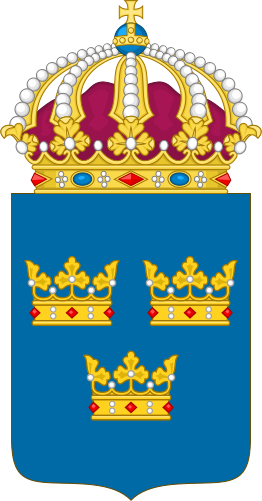Community / Land projects / UN Women Uganda 2016-2019
UN Women Uganda 2016-2019

€10470266.4
12/15 - 12/20
Completed
This project is part of
Implementing Organisations
Donors
Data Providers
General
The Government of Uganda has made significant progress in developing legal frameworks, policies and programmes which respect, protect and promote human rights and empowerment of women and girls. Progress, however, often remains at the policy level with implementation on the ground lacking behind due to inadequate capacity or priority in government institutions. As a result, women in Uganda continue to be marginalized and experience discrimination in in all spheres of life. Women’s Economic Empowerment (WEE) constitutes another major obstacle to gender equality as well as to more overall development goals. Women have poor access to reproductive resources, and especially access to land and land tenure are areas of discrimination. Consequently, women struggle to access financial services including loans due to lack of collateral. Although 76% of Ugandan women are active in the labor market, women tend to concentrate in feminized occupations, clustering in low-value chains, part-time or informal employment. Violence against women and girls (VAWG) remains another main obstacle to the empowerment of women with the prevalence and social acceptance of VAWG consistently high. In addition, the link between WEE and VAWG is becoming increasingly apparent in Uganda. A great part of the violence reported at household level is economically motivated, with peaks around harvest periods. In response to the above situation analysis, the development intervention will provide core support to UN Women Uganda to implement the first three years (2016-2018) of its Strategic Note 2016-2020 with a total contribution of 66.5 M SEK (22 % of the total 5 year Strategic Note budget, 36% of the budget for the three years covered by the Agreement). In line with UN Women’s Global Strategic Plan, the development intervention targets six programmatic result areas: 1) Women lead and participate in decision making at all levels; 2) Women, especially the poorest and most excluded, are economically empowered and benefit from development, 3) Women and girls live a life free from violence, 4) Peace and security and humanitarian action are shaped by women’s leadership and participation, 5) Governance and national planning fully reflect accountability for gender equality commitments and priorities, and 6) Global normative and policy framework for gender equality and women’s empowerment strengthened and implemented. In addition, the development intervention has a seventh result area on organizational effectiveness and efficiency.
Objectives
The overall aim of the proposed development intervention is that “Women are empowered to lead, participate in, influence and contribute to national development.”To achieve this aim, the development intervention defines six result areas: 1) Women lead and participate in decision making at all levels. 2) Women, especially the poorest and most excluded, are economically empowered and benefit from development. 3) Women and girls live a life free from violence. 4) Peace and security and humanitarian action are shaped by women leadership and participation. 5) Governance and national planning fully reflect accountability for gender equality commitments and priorities. 6) Normative and policy framework for gender equality and women's empowerment strengthened and implemented.




